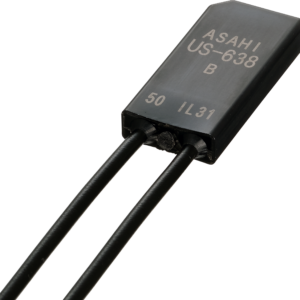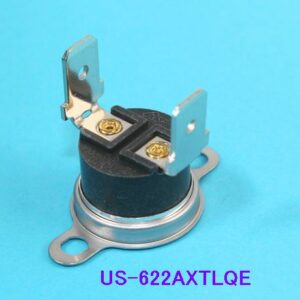Temperature Instruments
Showing all 6 results
Are you looking for a Temperature Instruments product?
When selecting Temperature Instruments for your company’s needs, there are several important points to consider during the comparison and evaluation process.
1. Measurement Range
Check the temperature range of the instrument and ensure it covers the required measurement range for your specific application.
2. Accuracy and Precision
Evaluate the accuracy and precision of the temperature readings to ensure reliable and consistent measurements.
3. Response Time
Assess the response time of the instrument, as some applications may require fast response for real-time monitoring.
4. Calibration and Recalibration
Check if the instrument requires calibration and how often it needs recalibration to maintain accuracy.
5. Sensing Technology
Different temperature instruments use various sensing technologies, such as thermocouples, RTDs, or infrared sensors. Choose the technology that suits your application best.
6. Environmental Considerations
Consider the operating environment of the instrument, including temperature extremes, humidity, and any potential corrosive or hazardous conditions.
7. Display and User Interface
Evaluate the clarity of the display and the user-friendliness of the interface for easy reading and configuration.
8. Data Logging and Connectivity
Check if the instrument has data logging capabilities and connectivity options (USB, Bluetooth, Wi-Fi) to transfer data to a computer or other devices.
9. Power Source and Battery Life
Assess the power source requirements and battery life of the instrument, especially for portable or remote applications.
10. Size and Portability
Consider the size and weight of the instrument, especially if portability is a key factor in your application.





